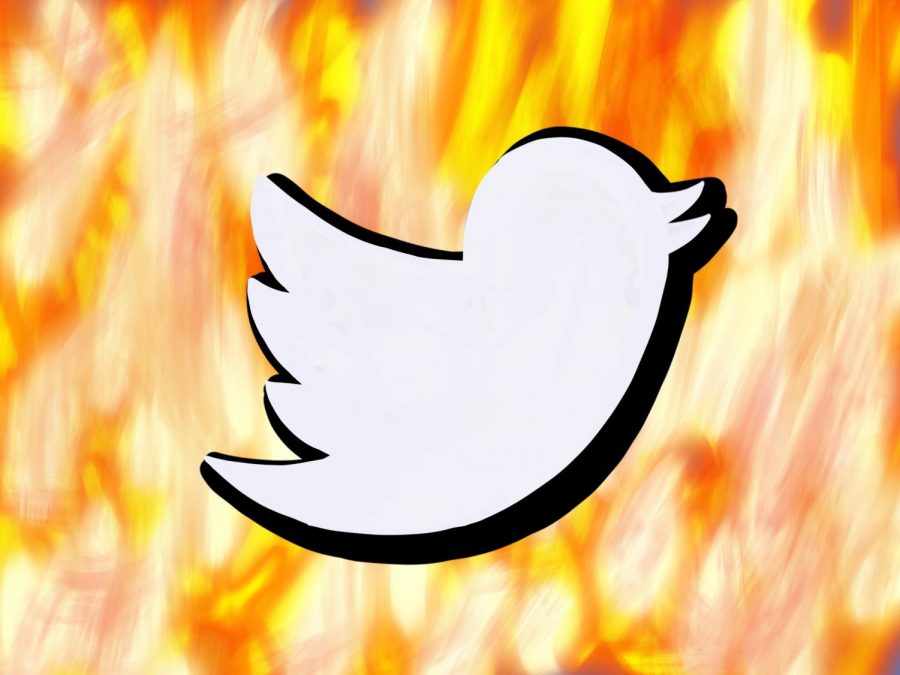Speak No Evil
December 8, 2018
James Gunn, Sean Newcomb, Stephen Colbert, Selena Gomez, Russel Crowe. These are only a few out of many celebrities who have recently gotten into hot water with past tweets and posts on social media. For years, celebrities and the common folk post on social media platforms: some to voice opinions, some other for comedic value. However, sometimes posts can cross the line. The question is, how much punishment do these offenders deserve?
James Gunn, ex-director of Disney’s Guardians of the Galaxy, admitted to posting tweets centered around rape, dark comedic spins on social issues such as AIDS and 9/11, and pedophelia in the years of 2008-2012. As the #MeToo movement surfaced in the acting world, sensitivity to social issues and inappropriate usage of humor increased exponentially. James Gunn’s tweets violated the zero tolerance policy created, and he was eventually fired in July. Gunn lost his job to tweets he posted 6 to 10 years ago. A slap on the wrist is just not enough anymore.
Here at Ridge, there are differing viewpoints on the issue at hand. For some students, celebrities who decide to publish insensitive and inappropriate tweets or social media posts should always be held accountable, while others believe that it depends on the situation. Ashley Narsu ‘21 feels that “Celebrities should be held accountable for things they say on social media because if they were willing to post and display it to the public originally, then it is their true stance. It is a different case, however, if they have changed their minds in following years and come to a different way of thinking that contradicts their past opinions.” True, when a post is created common sense should come into play, but as Ashley stated, people can change. Many celebs regret their online decisions, and apologize for past actions. However, some believe that they should still be held accountable, no matter who said something, or when they said it.
Similarly to Ashley, Ryan Cunningham ‘19 says, “Personally, I think that it depends on what they put out there and the company that they are representing. Things that they have said in the past can also be misinterpreted.” Statements made in the past, such as during celebrities’ teenage years, do not accurately represent their persona now. Many have publicly apologized for things they have said in years past, and have had their jobs threatened or taken away due to posts of that nature.
Not only men have made remarks on social media that brought them down. Roseanne Barr, a comedic actress, tweeted a racial slur concerning one of Obama’s advisors, and her show got cancelled a few episodes in. She was promptly fired, but so were her writers, her actors and actresses, her crew, and everybody whose job relied on that show. One comment can ruin everything. Punishment should be delivered, but people also should think twice about something they want to post on social media. It’s difficult for adult celebrities now to come back from an offensive post, because they may have changed for the better and not have meant a word of what they had said. Our generation now understands the backlash and consequences for making posts, concerning job positions, college acceptance, and promotions.
For students now, we have to make sure that what we do and say on social media is responsible and appropriate. Colleges have started looking at applicants’ social media accounts. Harvard University has declined 10 students based on their digital history, on twitter facebook, and more. Social media can allow people around the world to share our opinions, humor, and daily life, but it’s important to understand what we say has an impact, now and in the future.

